S. 1663: Therapeutic Fraud Prevention Act of 2025
The Therapeutic Fraud Prevention Act of 2025 aims to prohibit the practice of conversion therapy, which seeks to change an individual's sexual orientation or gender identity. Here are the key points regarding the bill:
Findings
The bill starts by stating that:
- Identities such as lesbian, gay, bisexual, transgender, or gender nonconforming are not considered disorders or deficiencies.
- Professional communities in education, health, and mental health have found no scientific evidence supporting conversion therapy's effectiveness.
- Conversion therapy has been shown to pose risks to mental and physical health, including contributing to depression and suicide.
- There is a need to protect individuals and families from being misled and harmed by those profiting from this practice.
Definitions
Key terms defined in the bill include:
- Conversion therapy: Any practice aimed at changing an individual's sexual orientation or gender identity, for which the provider receives compensation.
- Gender identity: The personal sense of one's gender, which may differ from the sex assigned at birth.
- Person: Includes individuals and various entities such as corporations and partnerships.
- Sexual orientation: Includes identities such as homosexuality, heterosexuality, and bisexuality.
Prohibited Actions
The bill explicitly makes it unlawful for any person to:
- Provide conversion therapy to individuals.
- Advertise conversion therapy with claims of changing sexual orientation or gender identity, or promote it as harmless.
- Assist in facilitating conversion therapy if they receive compensation for doing so.
Enforcement
The bill outlines enforcement mechanisms that include:
- The Federal Trade Commission (FTC) will enforce these regulations. Violating the rules regarding conversion therapy will be treated as an unfair or deceptive practice.
- The Attorney General can bring civil actions against individuals or entities that violate these prohibitions.
- State attorneys general may also bring actions on behalf of their residents for practices threatening their interests.
Regulatory Powers
The Federal Trade Commission is granted the authority to create regulations to fulfill the act's objectives, ensuring compliance and enforcement of its provisions.
Severability Clause
The bill contains a severability clause, which means that if any part of the Act is deemed unconstitutional, the remaining parts will still remain in effect.
Relevant Companies
None found.
This is an AI-generated summary of the bill text. There may be mistakes.
Sponsors
39 bill sponsors
-
TrackPatty Murray
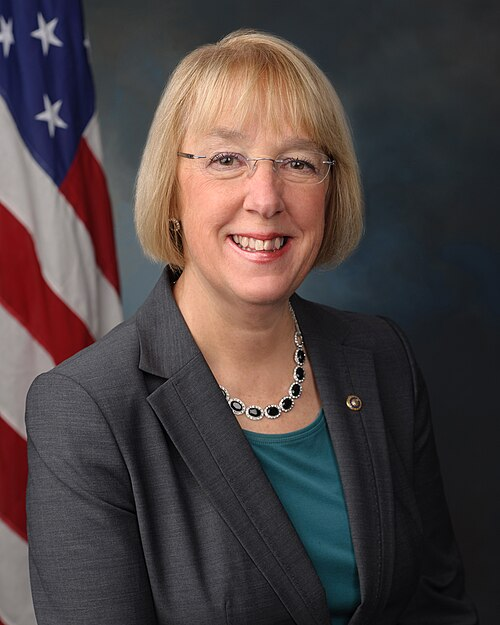
Sponsor
-
TrackTammy Baldwin

Co-Sponsor
-
TrackMichael F. Bennet

Co-Sponsor
-
TrackRichard Blumenthal
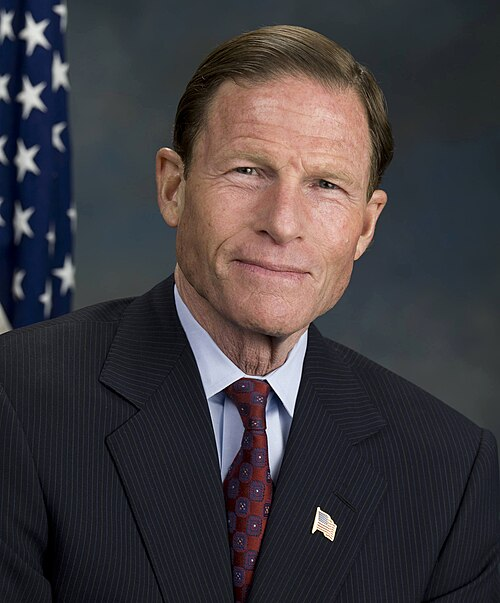
Co-Sponsor
-
TrackCory A. Booker
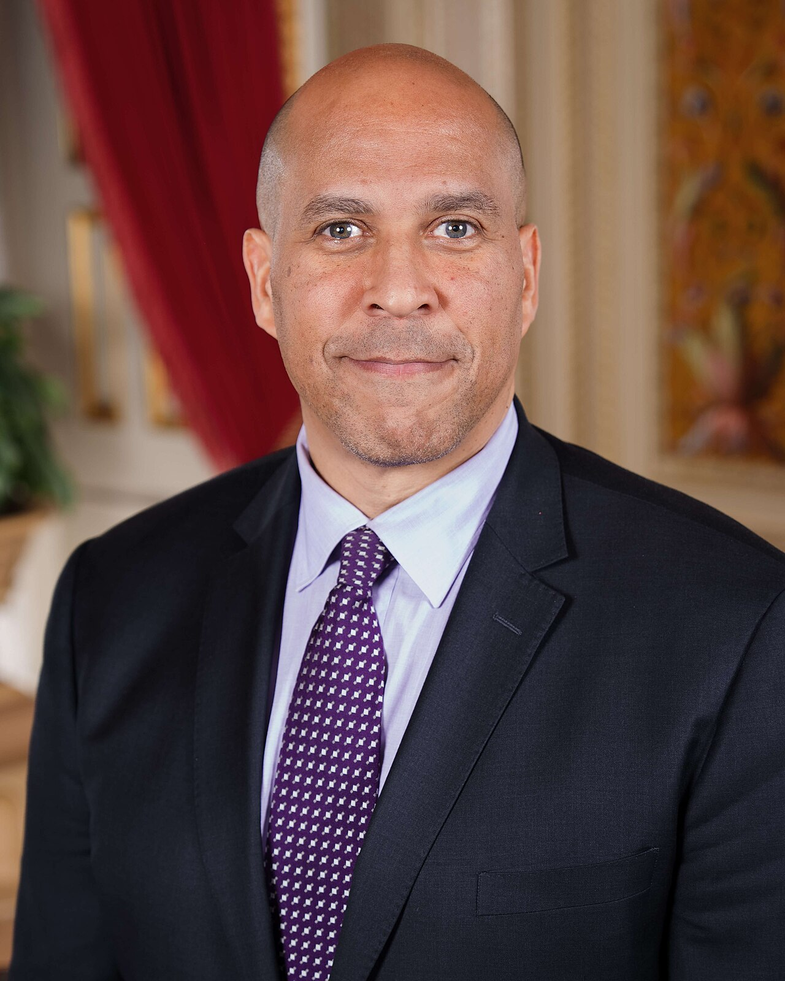
Co-Sponsor
-
TrackMaria Cantwell

Co-Sponsor
-
TrackChristopher A. Coons
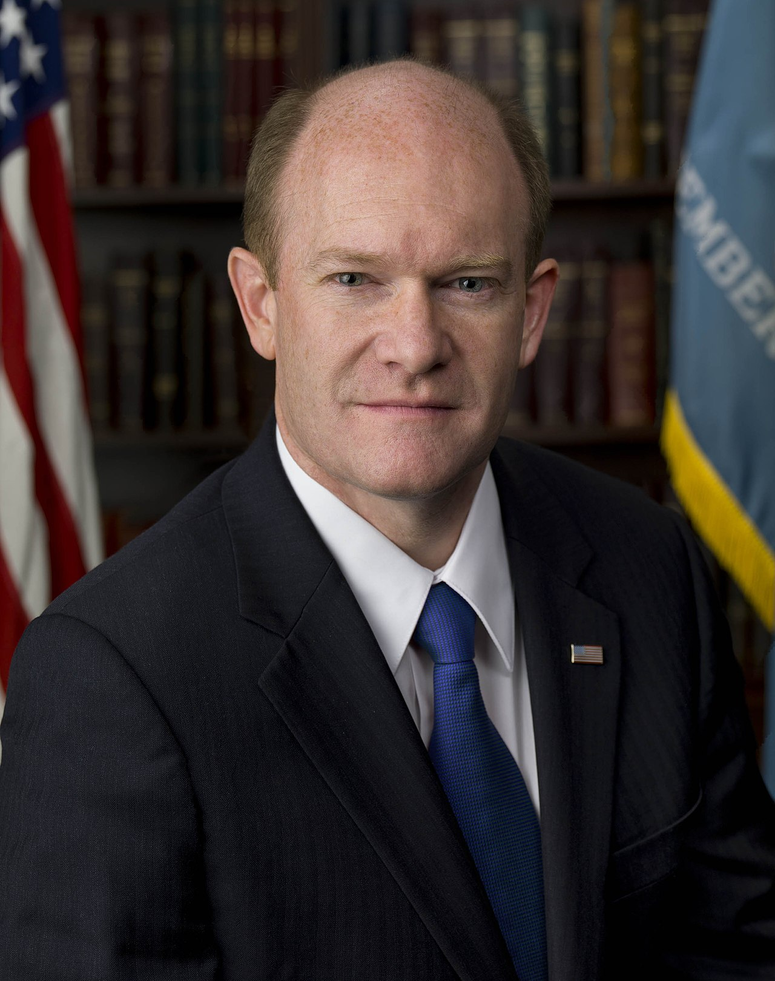
Co-Sponsor
-
TrackCatherine Cortez Masto
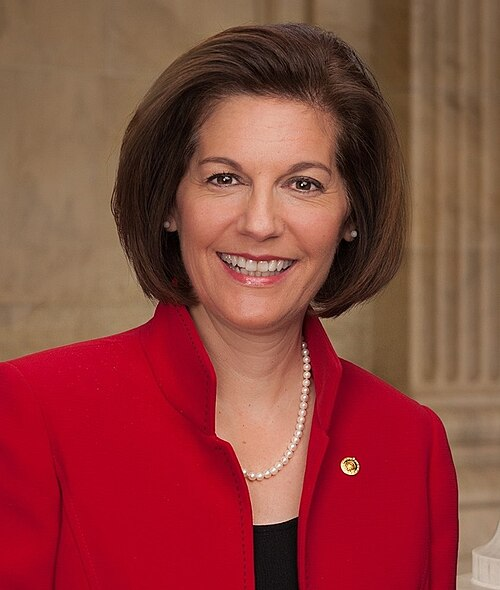
Co-Sponsor
-
TrackTammy Duckworth
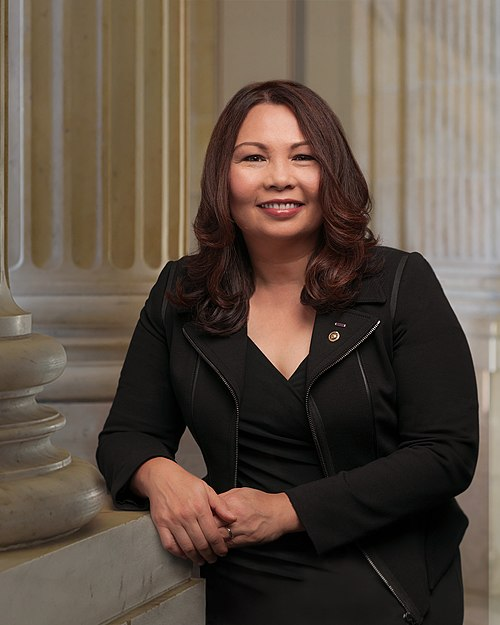
Co-Sponsor
-
TrackRichard J. Durbin

Co-Sponsor
-
TrackJohn Fetterman
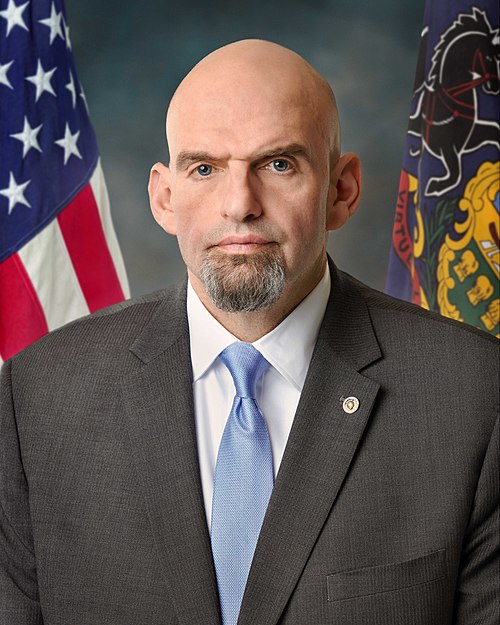
Co-Sponsor
-
TrackRuben Gallego
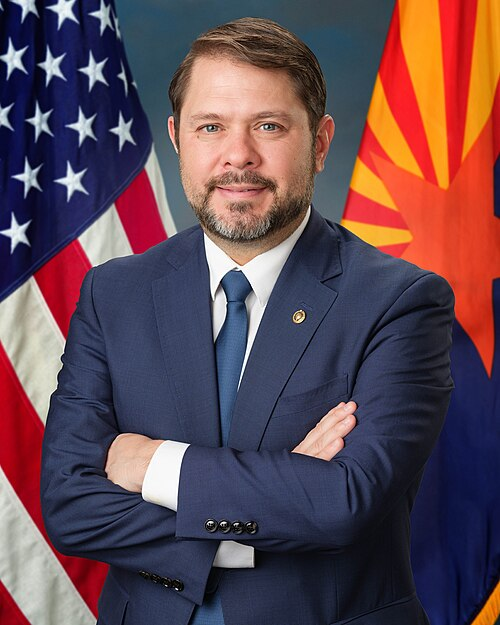
Co-Sponsor
-
TrackKirsten E. Gillibrand

Co-Sponsor
-
TrackMargaret Wood Hassan
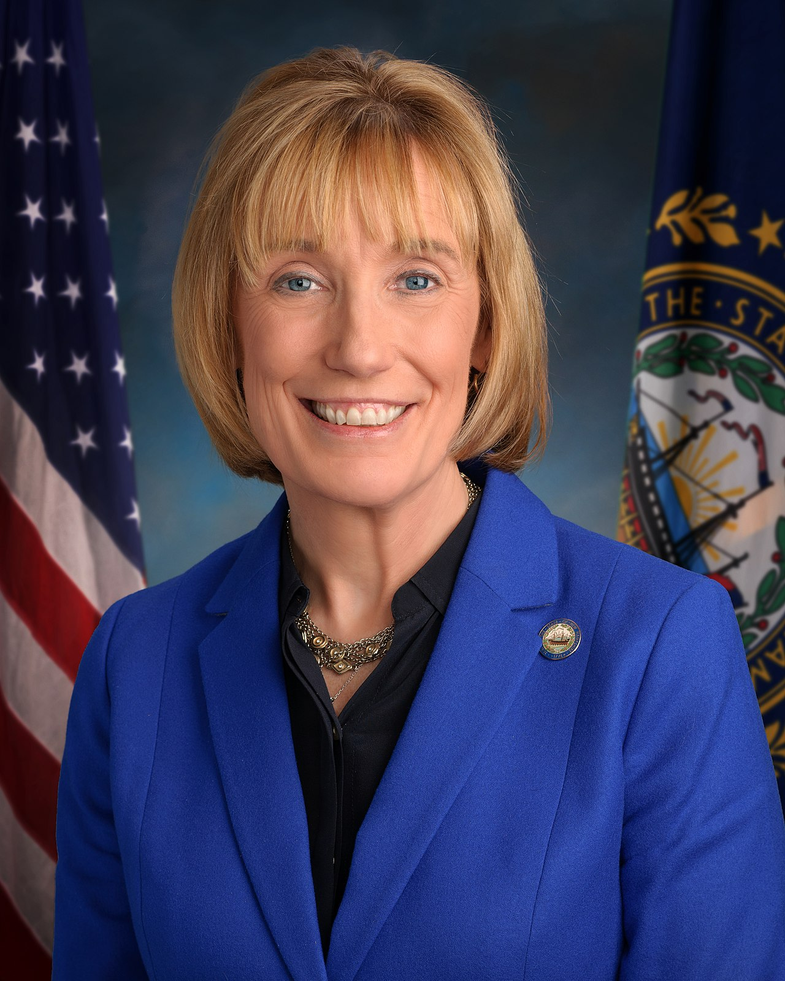
Co-Sponsor
-
TrackMartin Heinrich

Co-Sponsor
-
TrackJohn W. Hickenlooper

Co-Sponsor
-
TrackMazie K. Hirono

Co-Sponsor
-
TrackTim Kaine
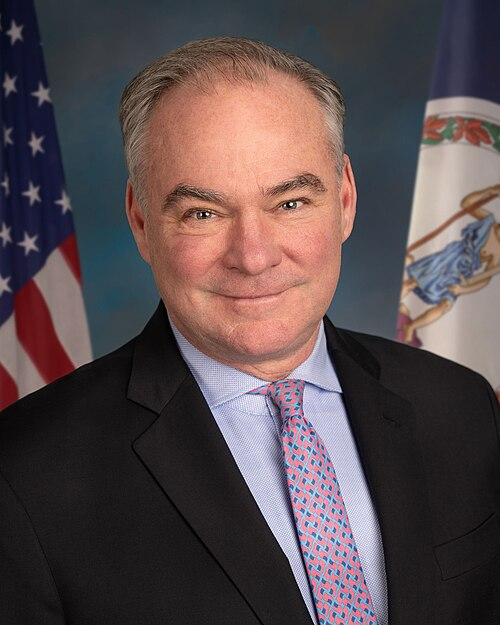
Co-Sponsor
-
TrackMark Kelly
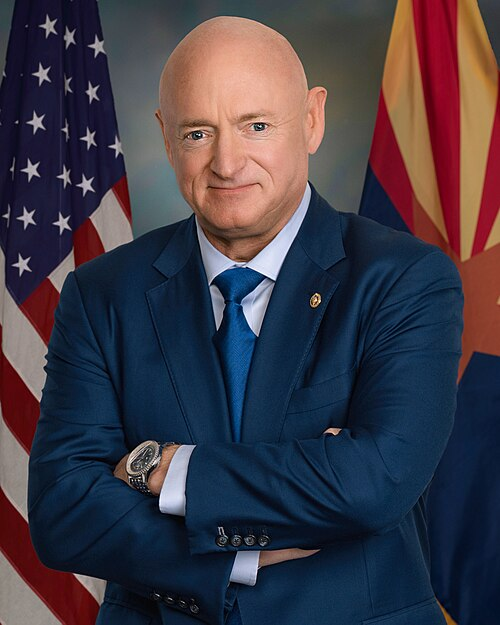
Co-Sponsor
-
TrackAndy Kim

Co-Sponsor
-
TrackAngus S. King Jr.

Co-Sponsor
-
TrackAmy Klobuchar
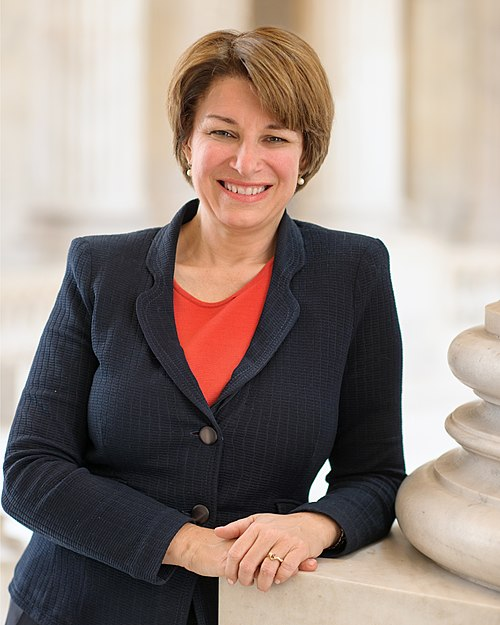
Co-Sponsor
-
TrackBen Ray Lujan
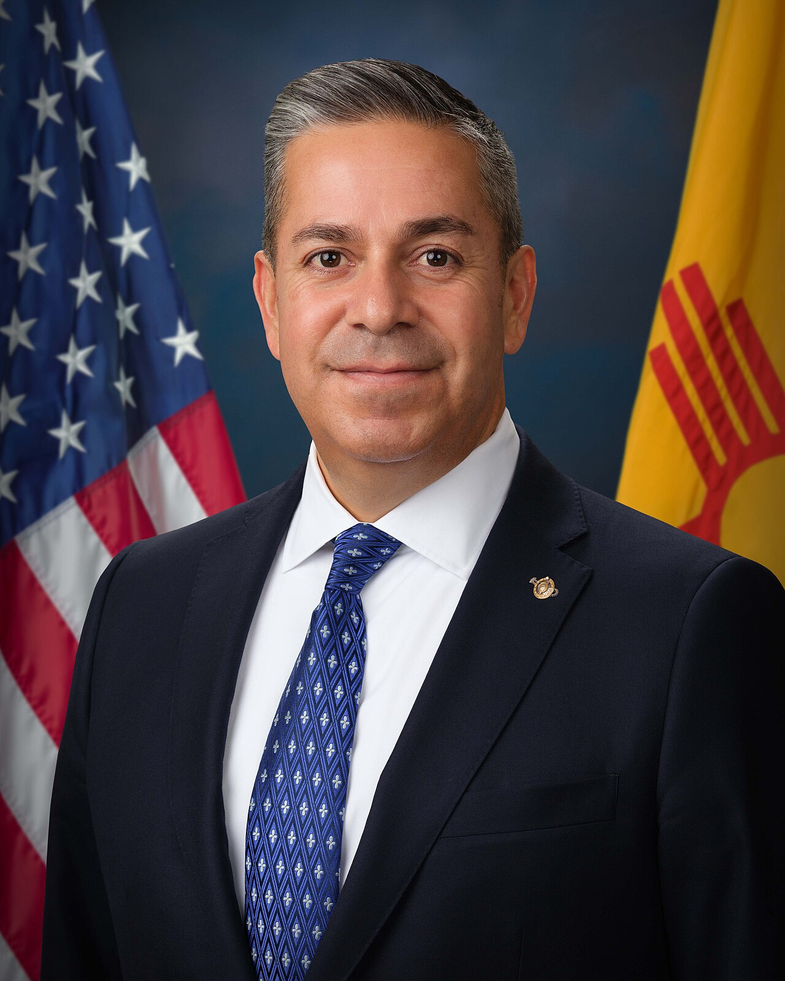
Co-Sponsor
-
TrackEdward J. Markey

Co-Sponsor
-
TrackJeff Merkley

Co-Sponsor
-
TrackChristopher Murphy

Co-Sponsor
-
TrackAlex Padilla
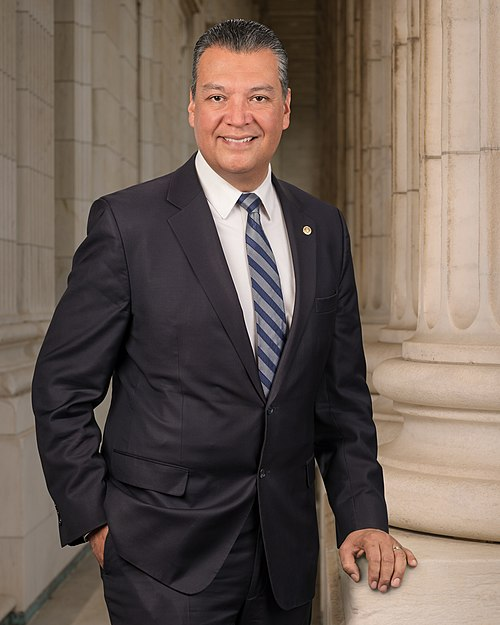
Co-Sponsor
-
TrackJack Reed
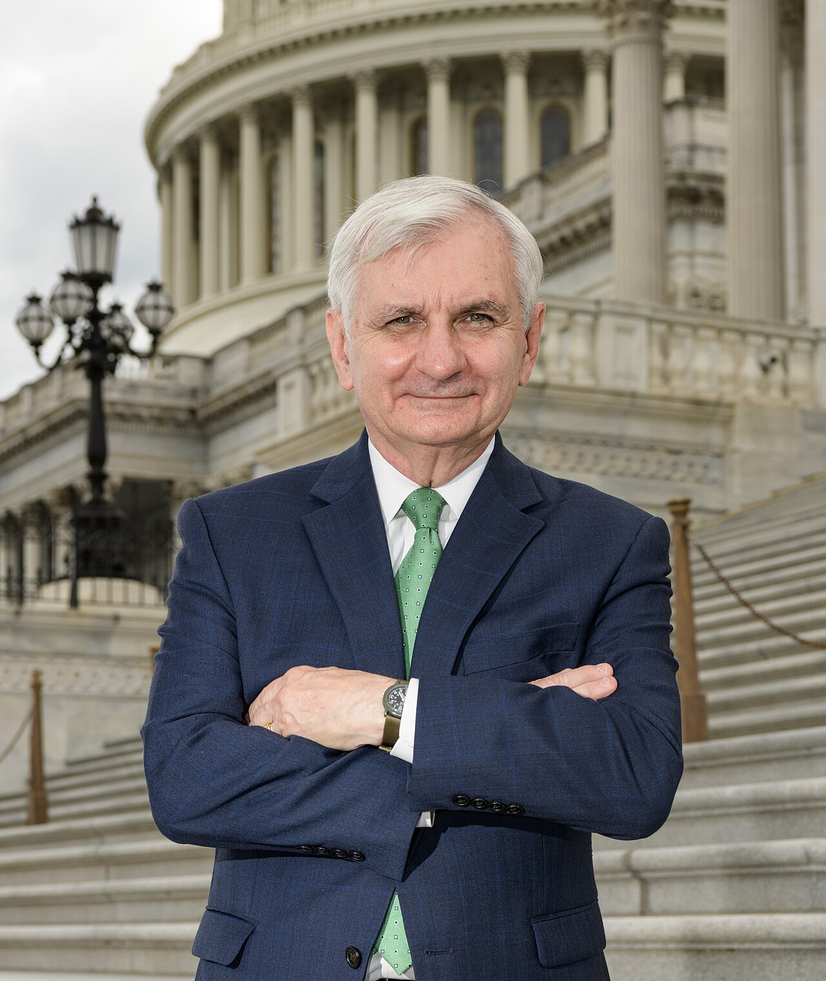
Co-Sponsor
-
TrackJacky Rosen

Co-Sponsor
-
TrackBernard Sanders

Co-Sponsor
-
TrackAdam B. Schiff
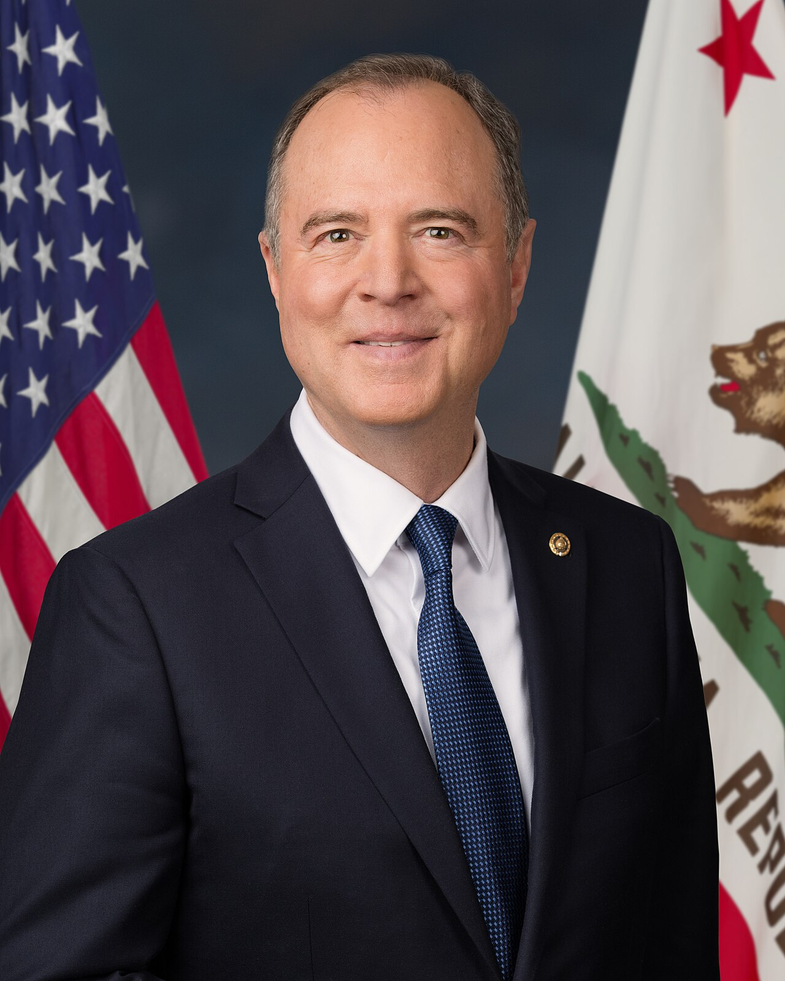
Co-Sponsor
-
TrackJeanne Shaheen
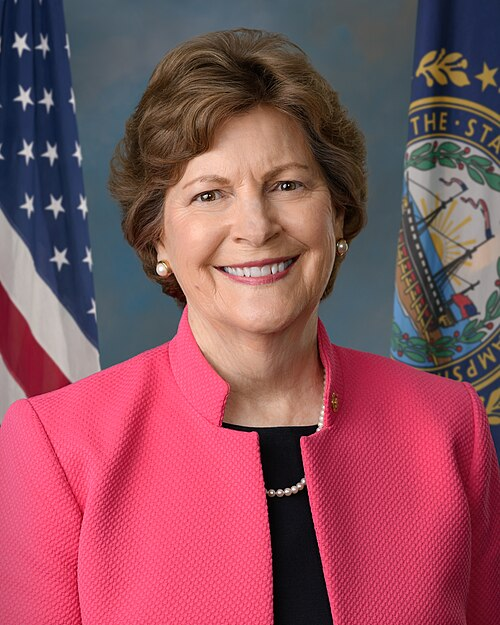
Co-Sponsor
-
TrackElissa Slotkin

Co-Sponsor
-
TrackTina Smith
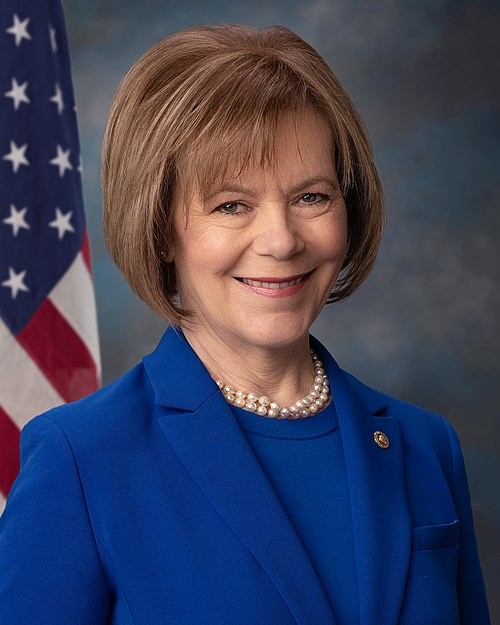
Co-Sponsor
-
TrackChris Van Hollen
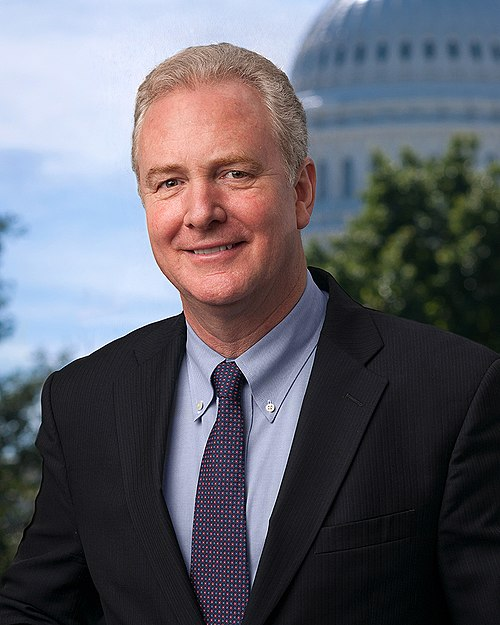
Co-Sponsor
-
TrackElizabeth Warren

Co-Sponsor
-
TrackPeter Welch
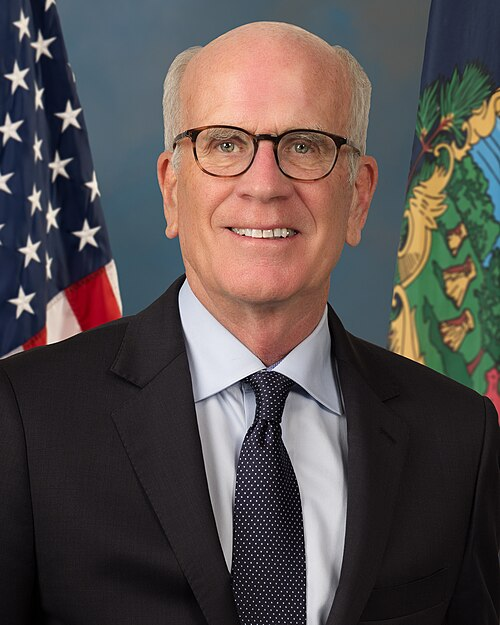
Co-Sponsor
-
TrackSheldon Whitehouse

Co-Sponsor
-
TrackRon Wyden
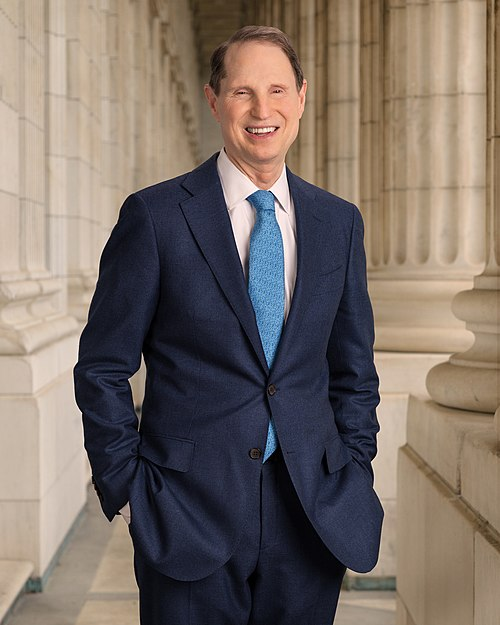
Co-Sponsor
Actions
2 actions
| Date | Action |
|---|---|
| May. 07, 2025 | Introduced in Senate |
| May. 07, 2025 | Read twice and referred to the Committee on Commerce, Science, and Transportation. |
Corporate Lobbying
0 companies lobbying
None found.
* Note that there can be significant delays in lobbying disclosures, and our data may be incomplete.
Potentially Relevant Congressional Stock Trades
No relevant congressional stock trades found.